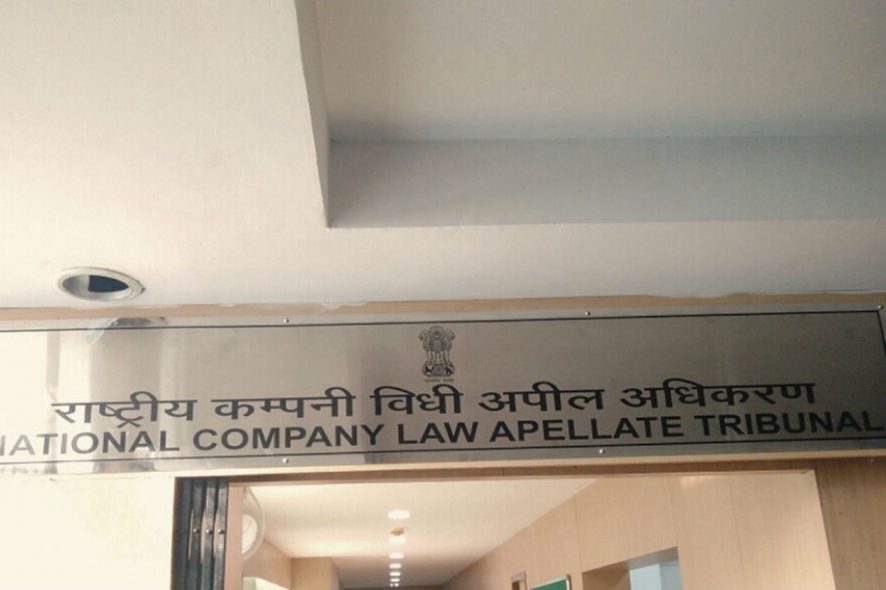National Company Law Appellate Tribunal (NCLAT): Justice Bansi Lal Bhat and Balvinder Singh, Members (Judicial) held that the application filed by the appellant under Section 9 of the Insolvency and Bankruptcy Code, 2016 was not maintainable as it was based on a foreign decree passed ex-parte and not on merits, and until the judicial proceedings regarding execution of the same pending before the Indian Courts fructify in a decree favouring the appellant, the claim of the appellant could not be held to have crystallized into a “debt payable in law”.
The appellant worked for the respondent, KEC International Ltd., in the Democratic Republic of Congo. He raised certain disputes regarding his employment and termination thereof, whereupon the Labour Court of Congo awarded a decree in favour of the appellant. However, KEC International did not comply with the same. The appellant returned to India and filed a suit before the Bombay High Court under Section 13 CPC. During the pendency of the said suit, the appellant filed an application against KEC International for initiation of corporate insolvency resolution process under Section 9 IBC. The said application was declined to be admitted by the National Company Law Tribunal, Mumbai, on the ground that there was a dispute as to the existence of an operational debt, since the foreign decree which was the basis of the appellant’s claim was a matter of pending adjudication before the Bombay High Court. Aggrieved by the said order, the appellant approached the Appellate Tribunal.
The appellant was represented before the Appellate Tribunal by K.S. IIangovan and P. Jegan, Advocates. Per contra, K. Datta, Shakunt Sumitra and Pallavi Srivastava represented KEC International.
The issue requiring determination was whether, in absence of adjudication of the foreign decree passed by a court in a non-reciprocating territory, which was relied upon by the appellant, he was legally justified in seeking initiation of corporate insolvency resolution process under Section 9 IBC against KEC International.
The Appellate Tribunal noted that in Congo, the suit was decreed in appellant’s favour in ex-parte, on account of non-appearance of KEC International. It was not disputed that such ex-parte decree of a foreign court would not be executable in India until adjudicated upon by a Civil Court in India within the ambit of Section 13 CPC and having regard for the same, the appellant chose to file suit before Bombay High Court, which was still sub-judice. Upon the decretal amount was adjudicated upon by the High Court as a legally payable claim, the same would not constitute a “Debt” in the hands of the appellant and unless the debt was crystallised as payable in law, the issue of default would not be attracted.
The Appellate Tribunal was of the opinion: “the adjudication initiated by the appellant before Bombay High Court wherein adjudication is sought in regard to foreign decree obtained ex-parte falls within the purview of a pre-existing dispute placing an embargo on the powers of Adjudicating Authority to initiate corporate insolvency resolution process at the instance of a corporate debtor. This is apart from the fact that until such adjudication fructify in a decree favouring the appellant, the claim of the appellant cannot be held to have crystallized into a debt payable in law.”
Thus, finding no scope to interfere with the order of the NCLT, the appeal was dismissed for being devoid of merits. [Peter Jhonson John v. KEC International Ltd., 2019 SCC OnLine NCLAT 375, decided on 03-07-2019]







